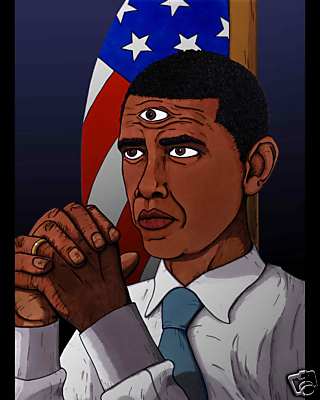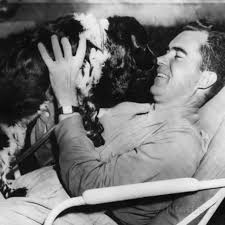also Glenn Beck and the John Birch Society’s least favorite president, for what it’s worth. Eugene Debs also had serious misgivings.
Monday, November 23rd, 2015Hm. From (black conservative) John McWhorter, in the “60th anniversary” issue of the National Review (11-19-2015, and a bit of an aside: must we mark every 5th year anniversary — or 10– for these things?), “Black America and the Right”
As progressive as it may seem today to treat racism as a decisive issue in allotting ones vote, it would have seemed self-defeating to black people 50 or 100 years ago. WEB Du Boise supported Woodrow Wilson despite knowing that Wilson was a racist whose ideal world would be “inhabited by flaxen – haired wax dolls“.
Sure. And what a point to make about someone I’ve seen referenced as (understandably and not understandably in terms of how you define such a thing) as “America’s Last Racist President“. [I think it was, oh, George Will?] (And nobody between Grant and depending on how you define it either Truman or Eisenhower took civil rights seriously).
But why did this writer have to bring this one up? WEB Du Bois’s support for Wilson did not work out well. He saw in Wilson’s “New Freedoms” something to grasp onto, and desperately hoped that it could be expanded rhetorically to black Americans, but Wilson just entrenched segregation in the federal government and plugged “Birth of a Nation”, and Du Bois held out hope long past the time made any sense to. In the end, leaving more embittered and radicalized. (Curiously, Nixon liked Du Bois. Less curiously, he loved Wilson.)
Nonetheless the fact that he saw something in Wilson’s politics despite and beyond the obvious problem is worth noting before we plunge into contemporary controversies. And I suppose McWhorter is on firmer ground with:
Martin Luther King Jr. and his allies had no interest in whether John F Kennedy felt for black people’s plight “in his heart” as the Black Lives Matter questioner put it to Hillary Clinton in April.
It is worth noting that the author’s bane of contention on the first issue standing against blacks in voting for the Republican Party — voter ID laws — is not shared by anyone else on the National Review masthead.
But it is interesting for him to bring it up because Woodrow Wilson and his legacy is in the news with campus ferment at Princeton.
At the top of the group’s list was a demand that the university “publicly acknowledge the racist legacy of Woodrow Wilson†and take steps to rename the public policy school and residential college.
While naming decisions are up to the university’s board of trustees (which includes Mr. Eisgruber), Mr. Eisgruber promised to push for removing a large mural of Wilson from the residential college’s dining room and to direct the trustees to survey “the campus community’s opinion†on the Wilson School name and then vote on it.
Oh, agree with the obvious asterisking of the mural — a counter-mural somehow? — don’t agree with changing the name (too big a presence in Princeton history) … the rest becomes a bit of a “hm” — (somewhere there’s a code word for being able to cast aside the professor who offered a counter-opinion on Halloween costumes).
A counterpetition circulating on Change.org called the proposal a “dangerous precedent†for future students who “seek to purge the past of those who fail to live up to modern standards of morality,†as well as a bid to erase Wilson’s positive contributions.
But one Black Justice League member, Wilglory Tanjong, rejected that argument.
“We don’t want Woodrow Wilson’s legacy to be erased,†said Ms. Tanjong, a sophomore who was born in Cameroon and grew up near Washington. “We think it is extremely important that we understand our history of this campus. But we think that you can definitely understand your history without idolizing or turning Wilson into some kind of god, which is essentially what they’ve done.â€
Throw it in the same item as the renaming of the Democratic Party fundraising “Jefferson – Jackson” dinners. (Have a better argument with the Jackson half, though even there it is worth pointing out his battle against the “Great Nullifier” John Calhoun for the sake of Union puts him somewhere historically on the side with the legacy of Abraham Lincoln). Sure, tear down the Benjamin Tillman statues and don’t stick up any for Strom Thurmond, and assert that Wilson is not a God, but the name can’t be expunged.



